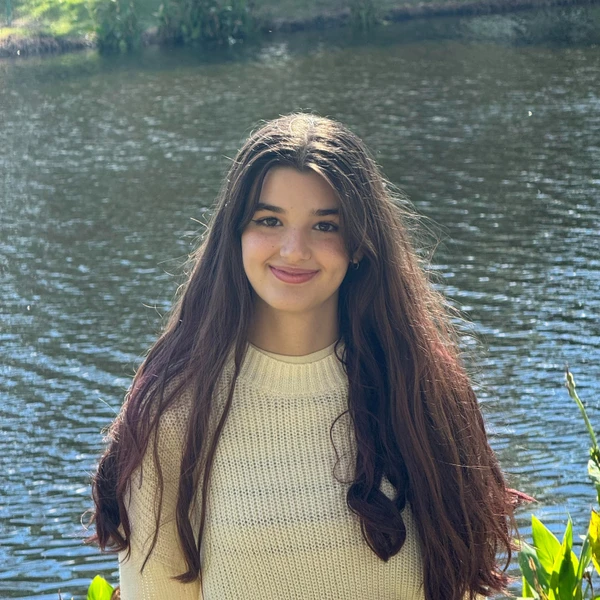
Hobbies and interests
Painting and Studio Art
Reading
Drawing And Illustration
Reading
Academic
Classics
Cultural
Plays
Criticism
Literary Fiction
I read books multiple times per week
Sophie Albanez
1,025
Bold Points1x
Finalist
Sophie Albanez
1,025
Bold Points1x
FinalistBio
I'm a first-generation immigrant that currently lives in Puerto Rico, and I don't want to weigh down my parents with the cost of my education.
Education
University of Maryland-College Park
Bachelor's degree programMajors:
- Chemical Engineering
Minors:
- Nuclear Engineering
Commonwealth - Parkville School
High SchoolMiscellaneous
Desired degree level:
Master's degree program
Graduate schools of interest:
Transfer schools of interest:
Majors of interest:
- Chemical Engineering
Career
Dream career field:
Chemical Engineering
Dream career goals:
Research
Psychology, General
JSR — Main researcher2024 – 2024
Online ADHD Diagnosis Mental Health Scholarship for Women
For most of my life, I couldn't quite explain why my mind worked the way it did. I’ve always loved learning, I’d happily lose myself in chemistry lectures or memorize the periodic table for fun, but I constantly struggled with focus, organization, and anxiety. I was the “bright but distracted” student, the one who spaced out mid-lecture or hyper-fixated on the wrong thing. I didn’t know then that I had both ADHD and OCD. I just thought something was wrong with me.
It wasn’t until the end of junior year that I finally got an answer. A routine visit to the psychologist turned into a four-hour evaluation and two long-overdue diagnoses. Suddenly, everything made sense: why I couldn’t study without an elaborate pre-study ritual, why I’d spin in bed three times before sleeping, or go hours hyperfocused without eating or drinking. These weren’t just quirks, they were symptoms I had unknowingly been managing on my own for years.
At first, I tried the traditional route. I was prescribed antidepressants for OCD, but the side effects were brutal. I lost my appetite, yet the dosage kept increasing. Though my symptoms eased slightly, the physical toll was too much. ADHD medication followed, but the first attempt led to more side effects and little relief. When I voiced concerns, my psychiatrist shrugged and said I was “one in a thousand.” Eventually, I was prescribed Adderall, and after a sleepless night, a racing heart, and a very concerned aunt staying with us during her own mental health journey, I knew medication wasn’t the answer for me.
So I stopped. Not because it was easy, but because I didn’t want to lose myself trying to get better.
Instead of pills, I built systems. I began writing everything down, breaking tasks into steps, color-coding assignments, and keeping a structured calendar. For ADHD, I learned to repeat information silently to stay focused and take breaks before hyperfocus led to burnout. With OCD, I started testing the limits of my rituals, turning two times instead of three, or resisting the urge to redo things. Some compulsions, like food texture aversions or routines, I’ve accepted as part of who I am, as long as they don’t interfere with growth.
I’ve also learned to self-advocate. Accommodations like extended time and quiet testing spaces have helped, but what’s helped most is perspective. My diagnoses didn’t just explain my challenges; they helped me understand myself. I now know my brain processes the world differently, and that’s okay. It’s part of what makes me curious, creative, and driven.
It’s also shaped my goals.
Next year, I’ll be the first in my family to attend college in the U.S., studying engineering at the University of Maryland, College Park. I’ve chosen a path in sustainable energy, particularly hydrogen utilization, a passion sparked in AP Chemistry. My dream is to earn a doctorate and contribute to research that can change the world. But I want to do it in a way that respects my mental health, honors my journey, and proves success doesn’t require perfection.
Living with OCD and ADHD hasn’t been easy. I’ve often felt like I was falling behind or that I was “too much” or “not enough.” But these conditions have taught me resilience, resourcefulness, and how to approach problems from unconventional angles, skills that will serve me well in engineering and beyond.
My disability taught me how to survive. But more importantly, it taught me how to thrive.